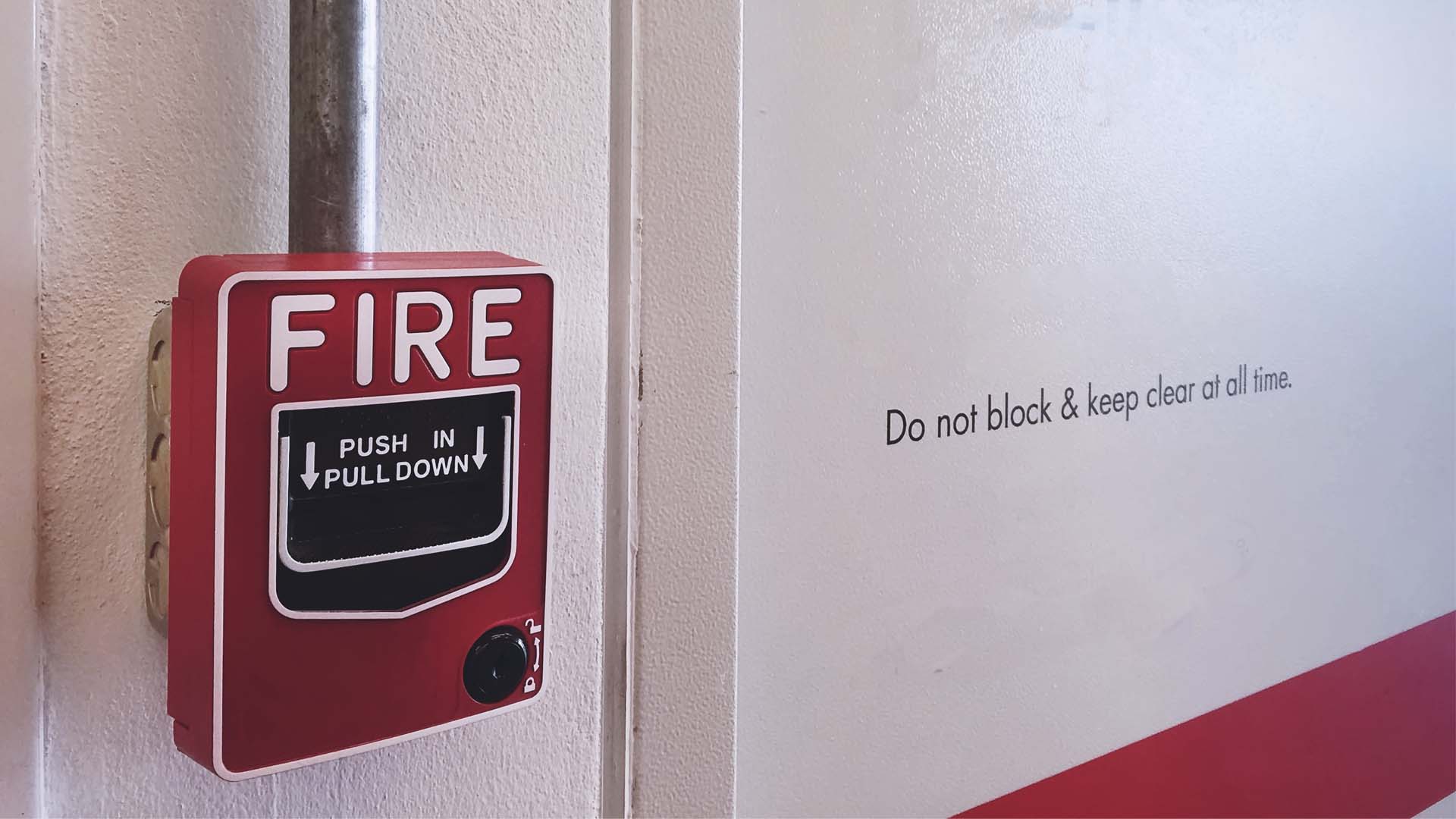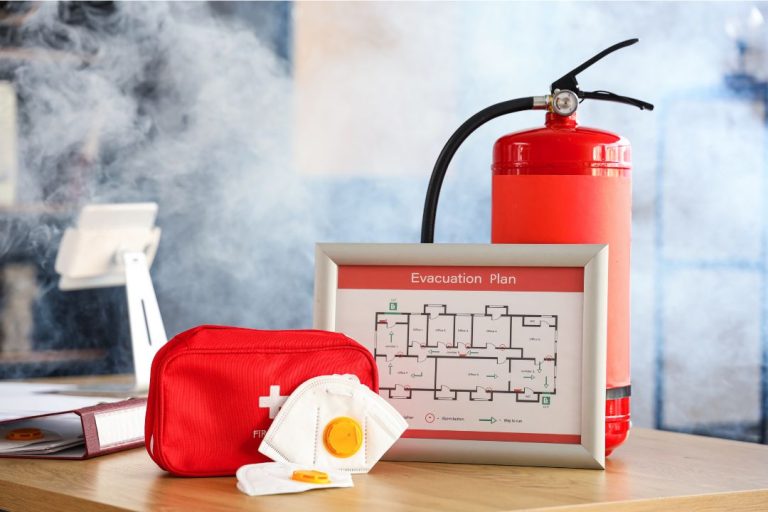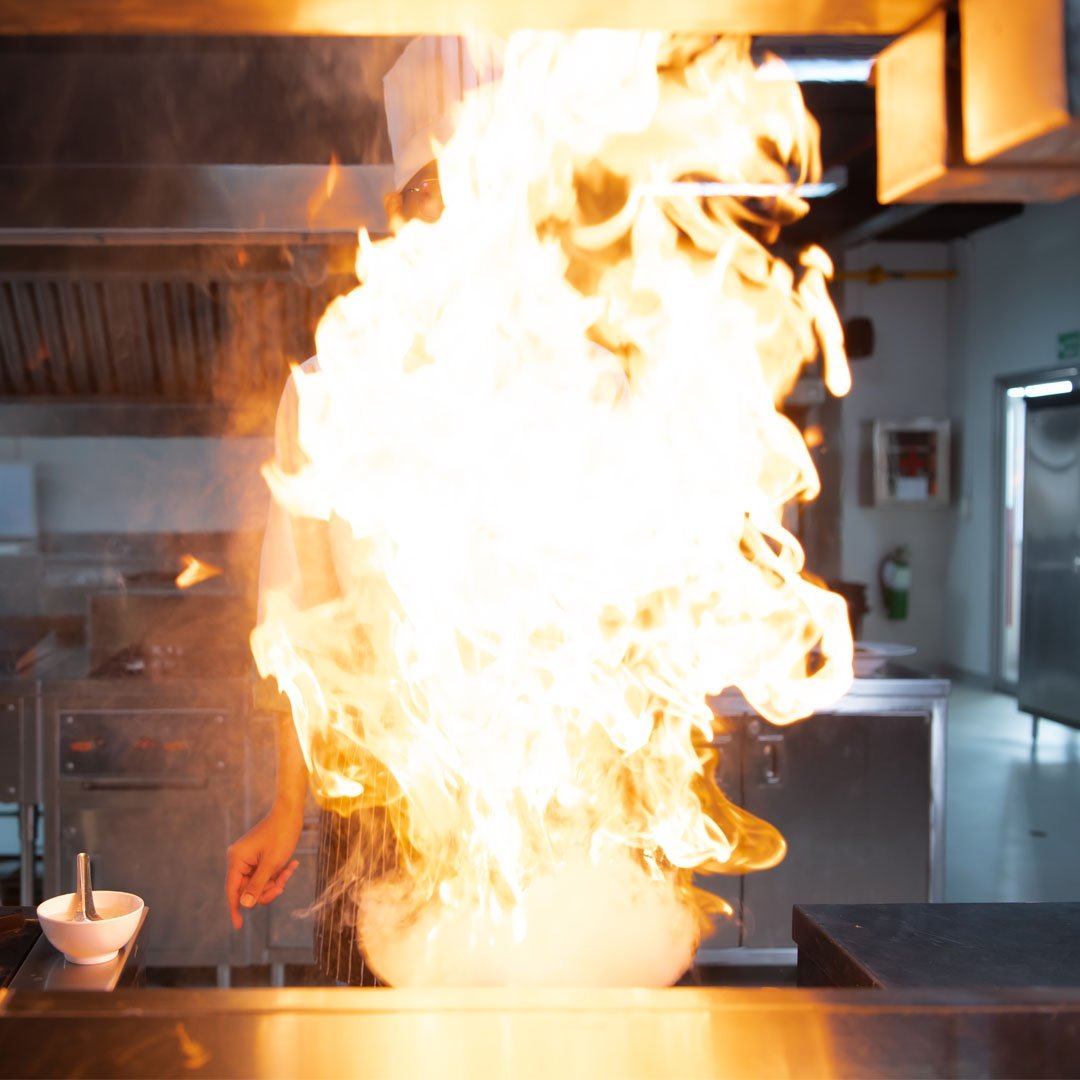3 Tips
To Help Prevent Restaurant Kitchen Fires
As Published by National Restaurant Association
“Restaurants, with their open flames, hot equipment, electrical connections, cooking oils, cleaning chemicals, and paper products, have all the ingredients for a potentially devastating restaurant kitchen fire. Reports indicate that nearly 8,000 eating and drinking establishments experience a fire each year, causing an average of $246 million in direct property damage. This alarming statistic underscores the necessity for rigorous fire prevention strategies in restaurant kitchens.”
Preventative Maintenance

Automatic fire-suppression systems in kitchens are essential, as 57% of restaurant fires involve cooking equipment. These systems not only suppress flames using chemicals but also cut off the fuel or electric supply to the cooking equipment, thereby preventing further escalation. Ensuring that these systems undergo professional semiannual inspections is vital.
Additionally, portable fire extinguishers should be readily available. Class K extinguishers are specifically designed for high-temperature grease fires and should be used after activating the built-in hood suppression system. For other fires involving paper, wood, plastic, or electrical equipment, Class ABC extinguishers are necessary.
Electrical equipment requires regular maintenance to prevent hazards, and staff should be vigilant for signs like frayed cords or wiring and cracked switch plates.
Staff Training: Empowering Your Team
Educating staff on fire prevention and response is a critical component of restaurant safety. Training includes mastering the proper use of fire extinguishers, employing the PAST method – Pull the pin, Aim at the base, Sweep side to side, while maintaining a ten-foot distance.
Regular cleaning of grease from exhaust hoods, walls, and cooking surfaces is crucial to prevent fire hazards. Instructing staff on the correct actions to take in case of a grease fire, such as avoiding the use of water, which can cause the fire to spread, is also vital.

Additionally, safe handling and storage of ashes, cigarettes, flammable liquids, and chemicals are essential to minimize risks. A key part of fire safety is maintaining a tidy workspace, as it significantly reduces fire hazards.

Emergency Preparedness: Plan and Practice
Having a well-thought-out emergency plan is essential for every restaurant. This plan should include training for staff to shut off gas and electrical power in the event of a fire. Each shift should have an assigned evacuation manager responsible for making 911 calls, deciding when an evacuation is necessary, and ensuring that everyone exits the restaurant safely.
It’s also important to conduct regular emergency training for all employees, including thorough orientation for new hires and annual refresher courses for veteran staff. This ongoing training ensures that every team member is prepared and knows their role in an emergency, contributing significantly to the overall safety of the restaurant.
These tips may reduce the risk of a commercial kitchen fire, ensuring the safety of both employees and customers. Vigilance, regular maintenance, and thorough training are key components in the fight against restaurant kitchen fires.
Let’s keep your restaurant and equipment grease-free to help prevent restaurant kitchen fires. – Claim Your Free Quote!
Prevent Restaurant Kitchen Fires. Start By Claiming Your Free Estimate


